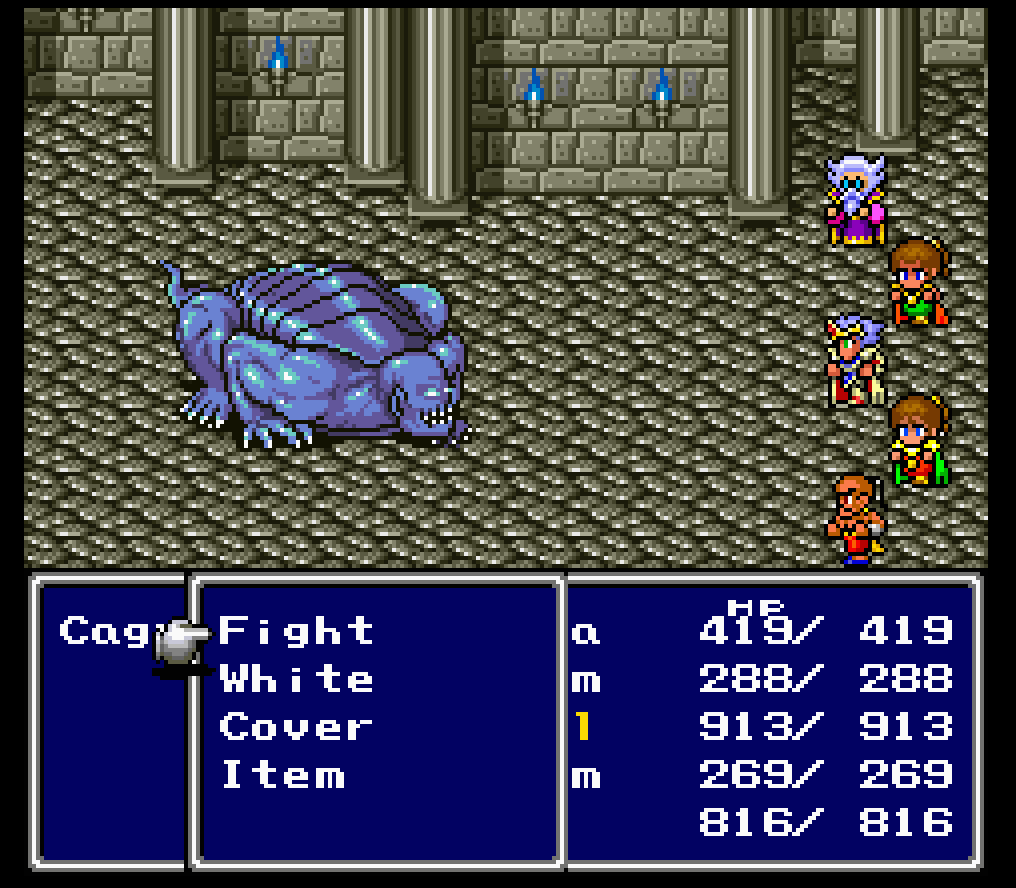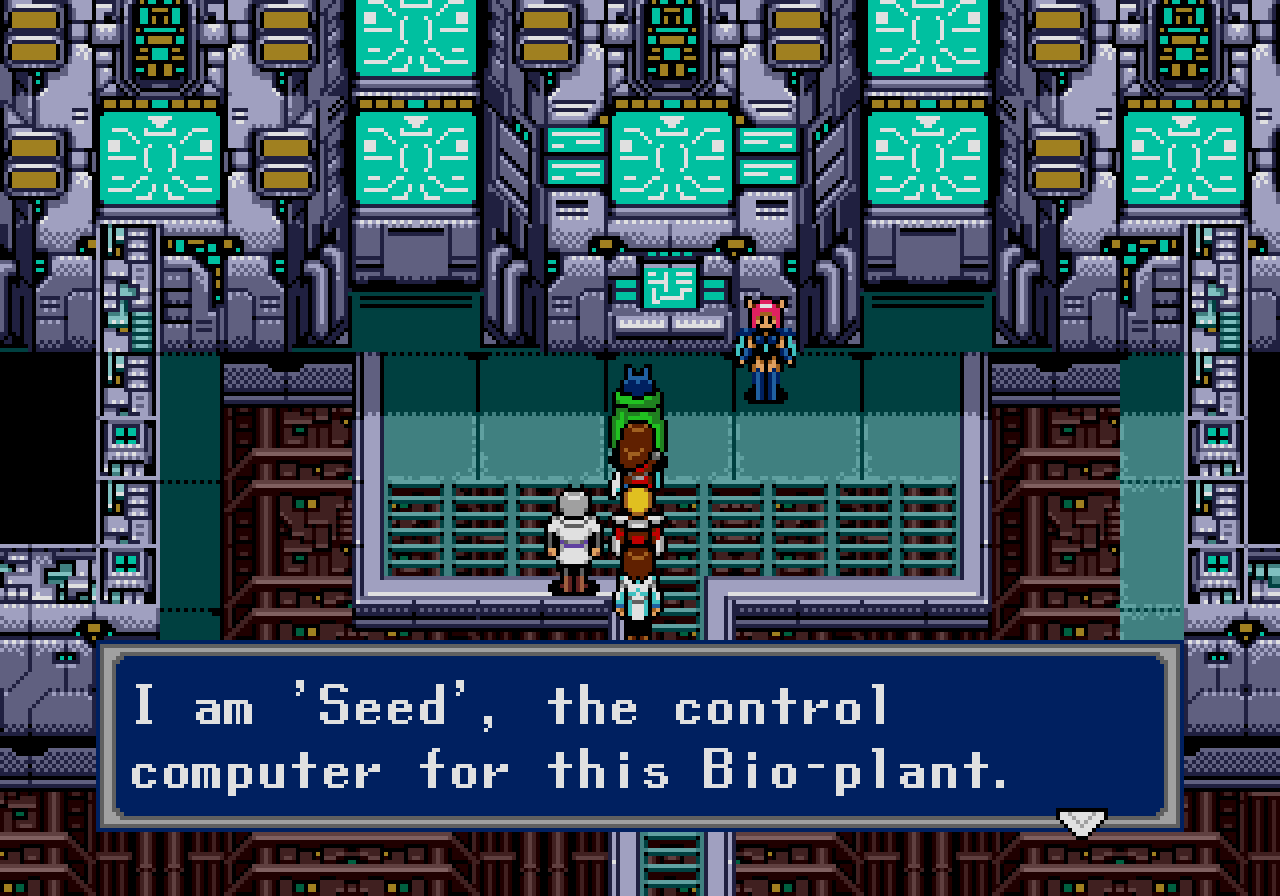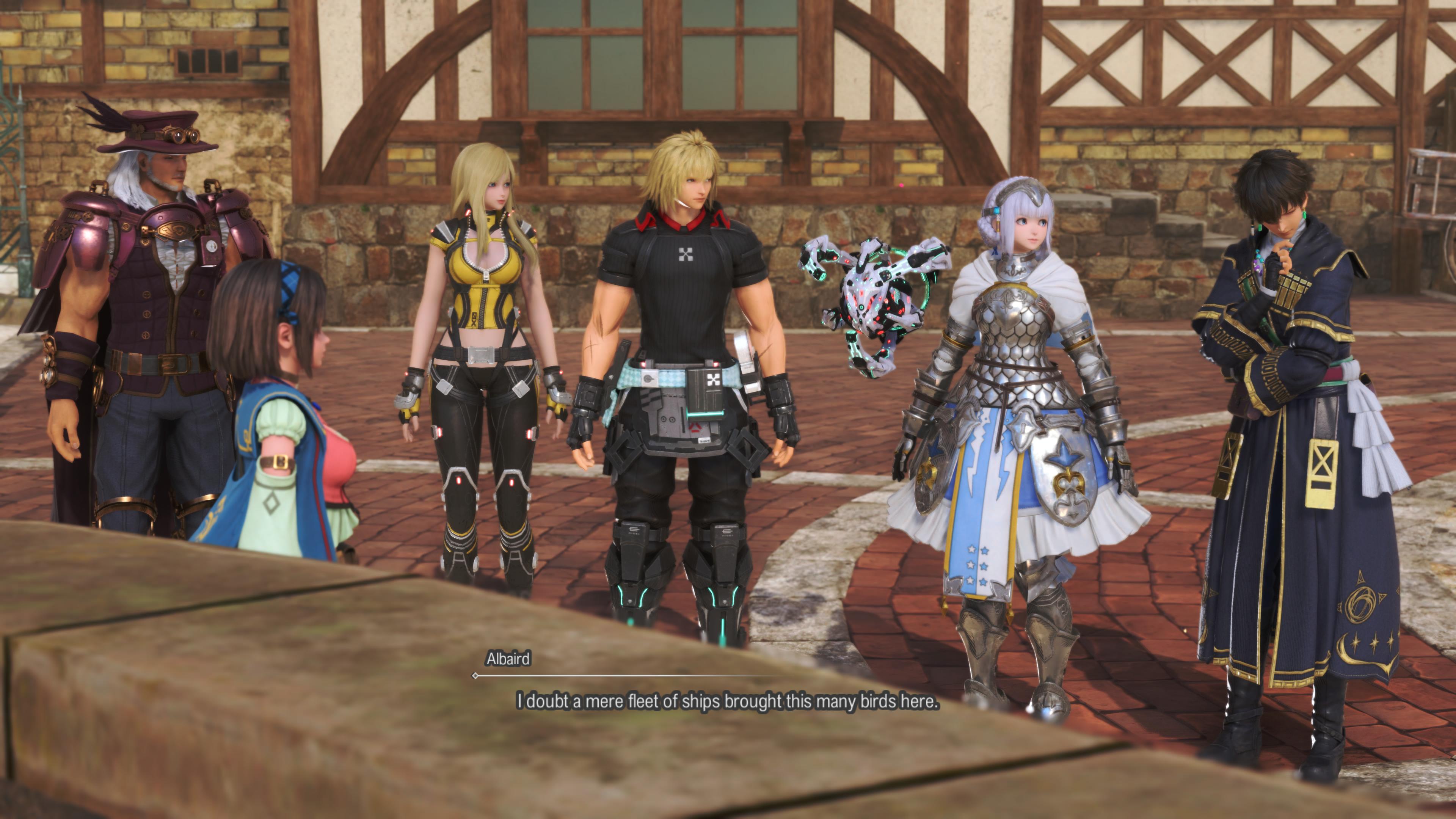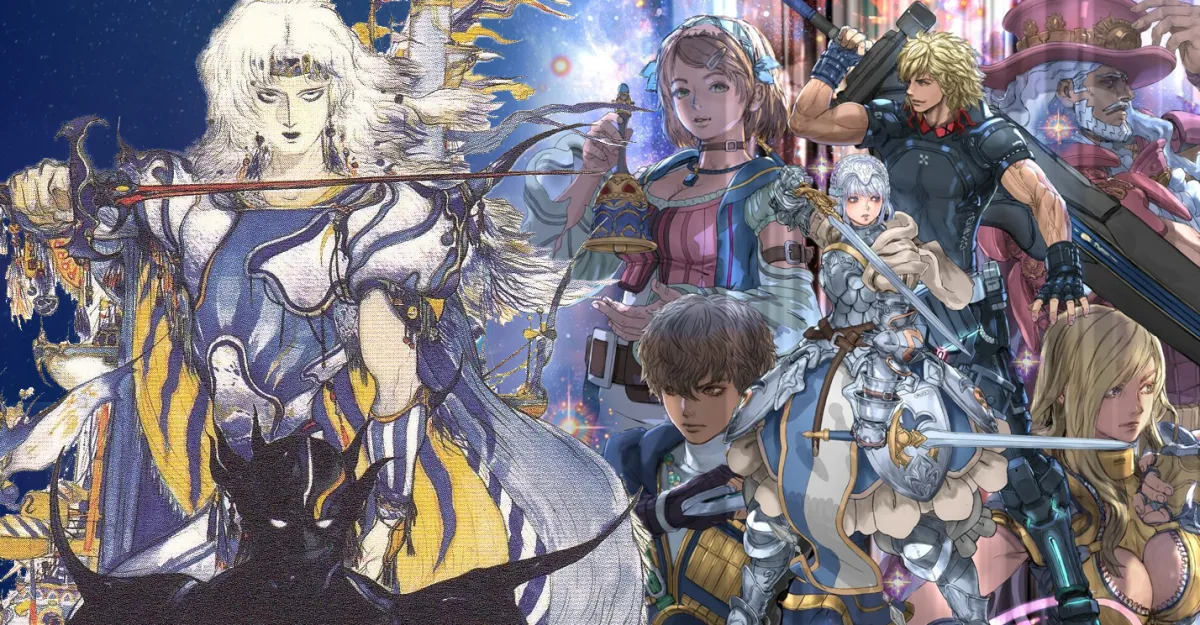Two of the major reasons why people play RPGs are for a great story and for involved combat mechanics and party customization. To an extent, these two concepts are interconnected. A great story demands great and distinct party members, and great and distinct party members should probably have fun and distinct combat abilities that set them apart. However, I think the developers of RPGs have gotten a little chicken in recent years: They’re afraid to take your party members away.
This may sound like a strange complaint, since many players probably don’t want an RPG to remove characters from their party for any reason. After all, the major appeal of a game like Final Fantasy V is to build up your party from nothing and end the game with four highly customized, ultra-powerful killing machines. The couple times that Final Fantasy V actually does remove someone from the party for a while, it feels like a big inconvenience because then your party isn’t leveling up evenly anymore.
However, Final Fantasy V is an RPG that is almost exclusively about strong combat mechanics and party customization. Any game like this that so heavily favors combat over story should not be tampering with party composition and whom the player can bring into a fight. But that being said, almost literally every other sort of RPG could benefit from taking your party members away from time to time.
There are a couple major ways RPGs can benefit, and the easiest way to illustrate them is to look at a game that exists at the complete opposite end of the spectrum from Final Fantasy V. That game is, coincidentally, Final Fantasy IV. Final Fantasy IV emphasizes story above all and features almost no party customization whatsoever. The game constantly adds and removes characters from your party as the story dictates, and it is a much better experience for it.

For one thing, adding and removing party members makes the narrative into a much more dynamic experience. Protagonist Cecil is the only constant in Final Fantasy IV. A disaster quickly separates him from his best friend Kain, but he soon befriends the young girl responsible for that disaster, Rydia. Cecil builds up a strong new party of diverse allies, but then a wreck at sea leaves Cecil on his own again — and forced to seek help from people whom he had caused irreparable suffering earlier in the story.
Final Fantasy IV constantly makes a spectacle out of the act of party member relationships blossoming or grinding to a halt. Betrayal is impactful. Death is impactful. Sacrifice is impactful. And most of these moments would not be possible if Cecil has a set, growing party throughout the entire game. Granted, it would be fun from a gameplay perspective to swap among a dozen party member options at any given time — but not at the cost of many significant narrative losses.
RPGs that take away your party members don’t merely benefit from more dynamic storytelling though. They can also, under the right circumstances, enhance the strategic gameplay. In Final Fantasy IV, every party member has their own unique class and abilities, (In fact, their personality informs their class and vice versa.) so your party composition changes your battle strategy. For instance, if Tellah the sage is in the party, you might as well spend all his MP right away in boss fights on high-level spells that the rest of your party won’t learn until much later in the game.
In fact, in a game like Final Fantasy IV where customization is so low, it almost makes gameplay and boss fights into custom-crafted puzzles from the developers, since all problems and solutions are already set in stone. Although, it would honestly be an exaggeration to describe Final Fantasy IV as a series of meticulously crafted combat puzzles, since the game isn’t especially difficult or complex regardless. But the potential for that exists in a game structured in this way.

Lots of classic RPGs operate on similar terms. Notably, everything described above about Final Fantasy IV also applies to Phantasy Star IV. The Lunar games also enjoy shuffling your party from time to time for dynamic effect. And while EarthBound and Mother 3 don’t really remove characters from your party much, they make the fun decision to introduce new characters by having you only play as that new character for a while. That in itself is exciting and dynamic.
But in modern RPGs, when a game hands you a party member, that party member is often there to stay. A major reason why is that battle systems have evolved and character customization has deepened; Xenoblade Chronicles 3 feels like a distant descendant of Final Fantasy V in that regard. If a party member leaves for a while, there might be a fear that critical battle capabilities are lost or that the departing character will be underdeveloped when they return later. And if the party member leaves permanently, then the player will feel like they wasted all the time they spent developing that character. This was seldom ever a problem in older RPGs with simpler mechanics.
However, that’s not to say that it’s suddenly impossible for modern RPGs to take away your party members without hurting the player experience: On a couple occasions, Dragon Quest XI does unexpectedly dramatic things to your party composition that wonderfully impact the narrative. Both Persona 3 and Persona 5 use a party-shifting moment to ignite dramatic narrative events. And the game that inspired this article, Star Ocean: The Divine Force, regularly pulls characters out of your party in order to fit the narrative and encourage you to use different party compositions.

The Divine Force has fairly sophisticated party customization, but when a character returns from an absence, they arrive at a higher level and with an abundance of new SP ready to spend instantly on further customization. Frankly, this sounds like a really reasonable solution that just about any RPG could employ. And if an RPG were to have the guts to outright kill off (or at least permanently remove) a character, there are ways for developers to address that on a gameplay level as well.
One solution is to have a new character “inherit” the previous character’s exact abilities and stats, so that nothing actually changes from a gameplay standpoint. Another solution is for developers to merely design their game with role redundancies in mind. For example, if an RPG kills off a character who functioned as a tank with great support magic, then there could be two other party members who can function as a tank and as a support magic user respectively. Finally, a third solution would be to simply go YOLO and just force the player to live with the dramatic loss of a character, as some games have done to beautiful effect.
So, while games in the vein of Final Fantasy V have a very good reason to leave party composition static, there’s really no excuse why all the other RPGs aren’t trying to shake things up a little. It’s great that RPG gameplay mechanics have evolved so far beyond what was innovative in 1991, but battle system complexity should not inhibit narrative possibilities. If the story is strong enough to support it, most players will forgive losing a party member, even if they’ve put some time into developing that character. After all, a great story must surprise its audience, and when RPGs can’t even take away your party members now and then, a major narrative opportunity is lost.






Published: Nov 3, 2022 01:00 pm